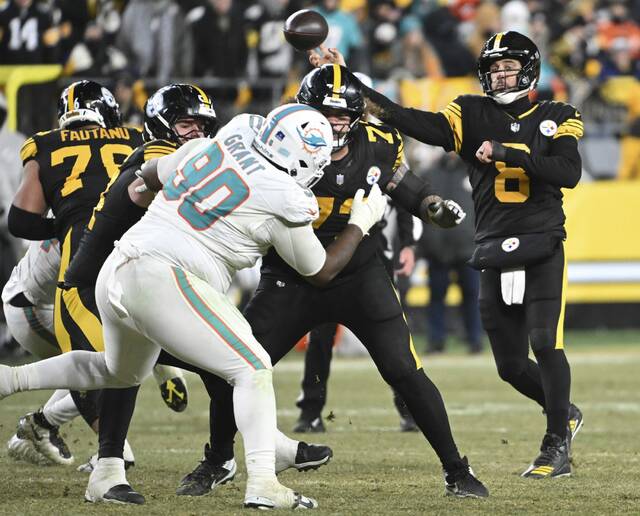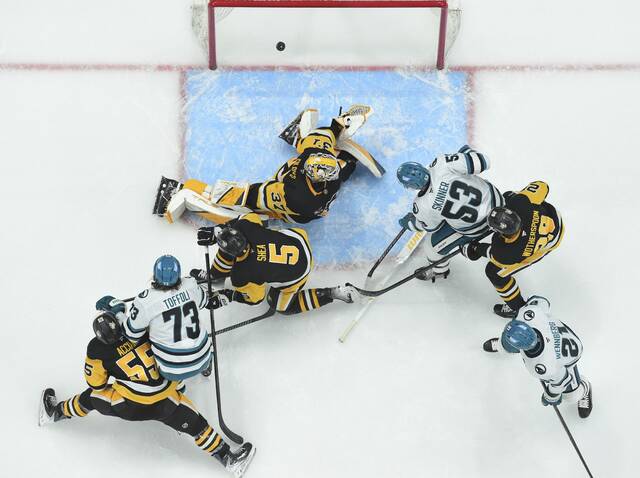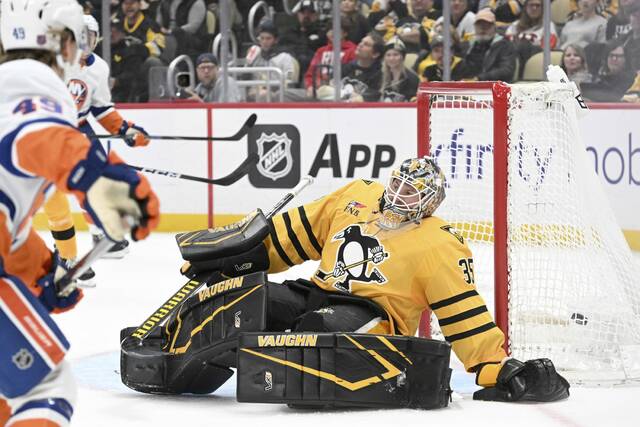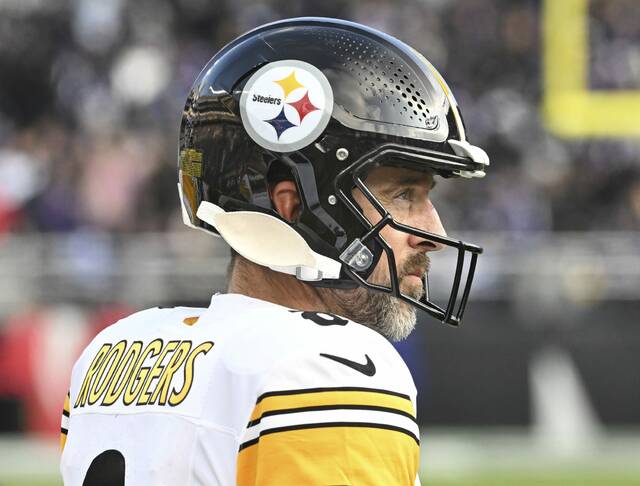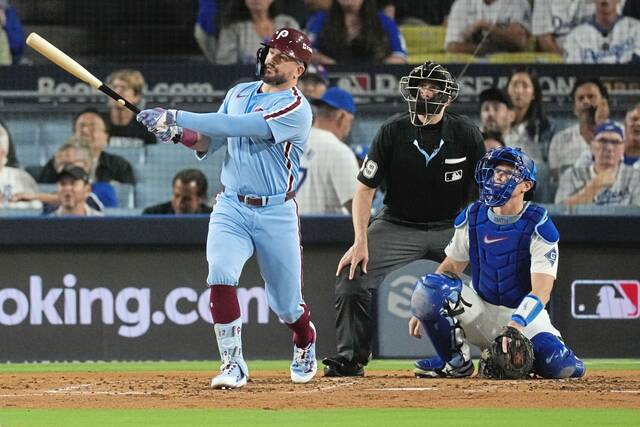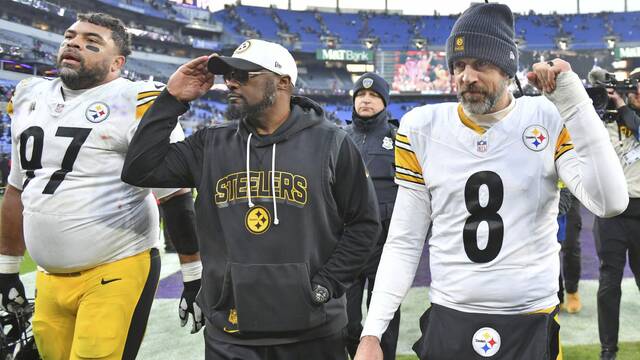That playoff series between the Penguins and Montreal didn’t go quite as expected. For example, I picked the Penguins in two.
But nobody picked Montreal. Not one single person. No one thought the Canadiens would win, not even those in their dressing room. (Not until after Game 1, anyway.) It’s the biggest upset in Stanley Cup playoff history, if only because there’s never been a No. 24 seed before.
So, what happened?
Provocative question. Almost as provocative as wondering what will happen. (More later.)
What happened = quite the laundry list, especially since I’m delaying watching the Creem documentary to write this. (“America’s Only Rock ‘n’ Roll Magazine”!)
Tactically, Montreal coach Claude Julien choked out Penguins coach Mike Sullivan.
The Penguins had no path through the neutral zone. The Penguins alternate route was a stretch pass that produced a tip into the Montreal end, but Canadiens goalie Carey Price gathered those pucks up and turned them around with ease.
The Penguins rarely played down low. The Canadiens defense wasn’t pressured. That’s how Ben Chiarot, Jeff Petry and Shea Weber all averaged 25 minutes per game but still played well.
The Penguins should have put soft dumps behind Montreal’s defense. That would have made the Canadiens defense turn their backs on the play, and occasionally cross over to get pucks. It would have allowed forecheckers to engage those defensemen.
Once those defensemen get backed off a bit, perhaps the neutral zone opens up some and the Penguins can selectively attack off the rush. Attacking off the rush wasn’t just the Penguins’ preferred method of attack. Some nights, it was their sole method of attack.
There’s definitely a book on the Penguins now: This is how you beat them.
Some feel the Penguins abandoned their style, but they mostly had no choice. Jesse Owens wouldn’t sprint through a minefield. He’d tiptoe.
The power play is a boring topic by now. It was 3 for 17, but even that meager mark flatters to deceive: The second unit scored two of those goals. The Penguins very rarely seized momentum with the man advantage. The power play barely got set up much of the time.
A right-handed shot must play the left half-wall. That’s not optional. The coaching staff’s refusal to recognize that is a microcosm of its stubbornness: It’s more important to be right than succeed. Bryan Rust is a right-handed shot. He led the team in power-play goals, for heck’s sake.
Sullivan also made a fistful of bad personnel decisions.
Tristan Jarry should have started Game 1, and no later than Game 2. Jarry won the job during the season and again during training camp. He outperformed Matt Murray over a sufficient sample size. Jarry was excellent in Game 4 and his puck skills slowed Montreal’s forecheck.
Coaches get themselves in trouble when their regime ceases to be a meritocracy. Murray played even though he was the inferior goalie.
That goes against the grain of what Sullivan did when he replaced Mike Johnston as coach in 2015-16. Murray usurped Marc-Andre Fleury. Young players from the Penguins’ Wilkes-Barre/Scranton farm team were slotted into major roles. Sullivan embraced change.
Patrick Marleau should not have played vs. Montreal, certainly not past Game 1. He was acquired as cover for injuries. When the Penguins got healthy, he wasn’t needed. Yet he played anyway. He got paid veteran respect earned with another team. Marleau was slow and invisible, yet was on the ice with a little over two minutes left in Game 4. That’s mind-boggling.
The Penguins want to be based on speed. That concept proved delusional in this series, because Montreal was much faster. But if that’s what you want, play somebody faster than Marleau.
Unlike Twitter, I’m not one to blame Jack Johnson for everything that goes wrong with the Penguins, and I recognize his value on the penalty-kill. But Johnson and Justin Schultz were so bad in this series that continuing to play both was the equivalent of raising a white flag.
Saying that somebody couldn’t be worse is an awful reason to play them. But Juuso Riikola and Chad Ruhwedel couldn’t have been worse. Terrible times call for terrible measures.
Based on poor play, lots of other Penguins could have been scratched. The problem is, you’ve got to dress 18 skaters and two goalies.
Patric Hornqvist needed to play with Sidney Crosby. Jake Guentzel and Conor Sheary make Crosby’s line too small and too wide. The late switch to Rust didn’t help. Given the components and the chance, Crosby will attack exclusively off the rush. Hornqvist forces the play down low, yet relieves Crosby’s physical burden. (All this is so logical, it’s amazing it wasn’t done.)
Sullivan should have shortened his bench more, especially when the long haul became something to stop thinking about.
It’s incredible that Johnson and Schultz played more than Marcus Pettersson in Game 4, and that Crosby and Evgeni Malkin didn’t even play 20 minutes in an elimination game
Almost every Penguin played horribly. (Brandon Tanev didn’t, so it’s ironic that he made the season-ending turnover.)
But Crosby and Malkin must absorb the most blame. The game plan didn’t help them, nor did their teammates. But their performance was impotent far beyond that. Crosby had two goals and one assist, Malkin one assist. Both were mostly unthreatening. Malkin had 21 shots on goal, but they were akin to warm-up shots. Malkin basically played catch with Price.
Crosby is 33, Malkin 34. Next year (and especially the playoffs, if the Penguins make them) will be critical for both. Can Crosby and Malkin still be high-leverage players in critical situations, or are they mere regular-season point collectors? (Crosby likely played hurt in these playoffs.)
That segues nicely into a discussion of what the Penguins should do between now and next season (if there is one). Watch this space.
It’s been a terrible year for hockey. Just wait until Philadelphia wins the Stanley Cup.



